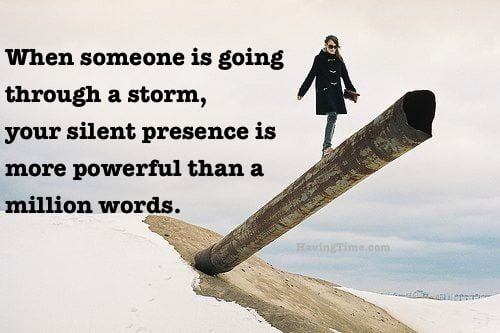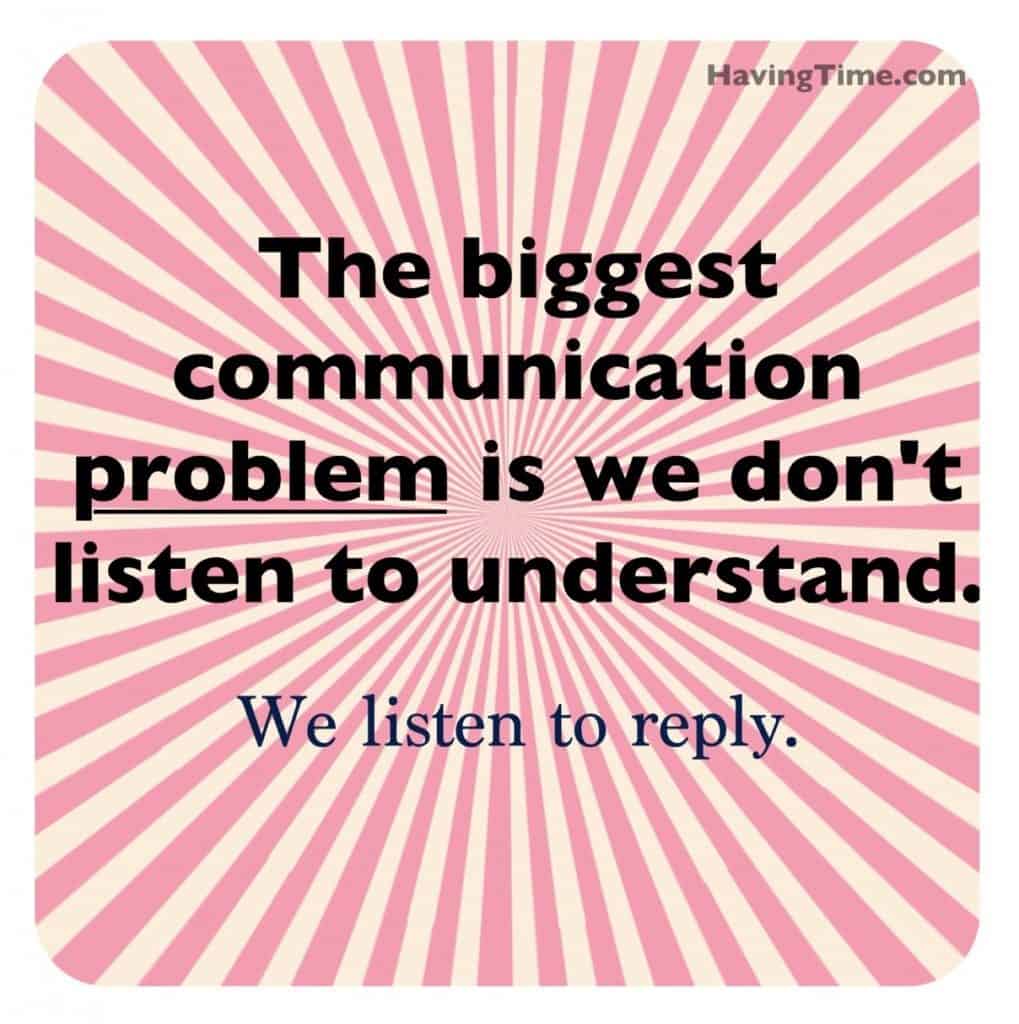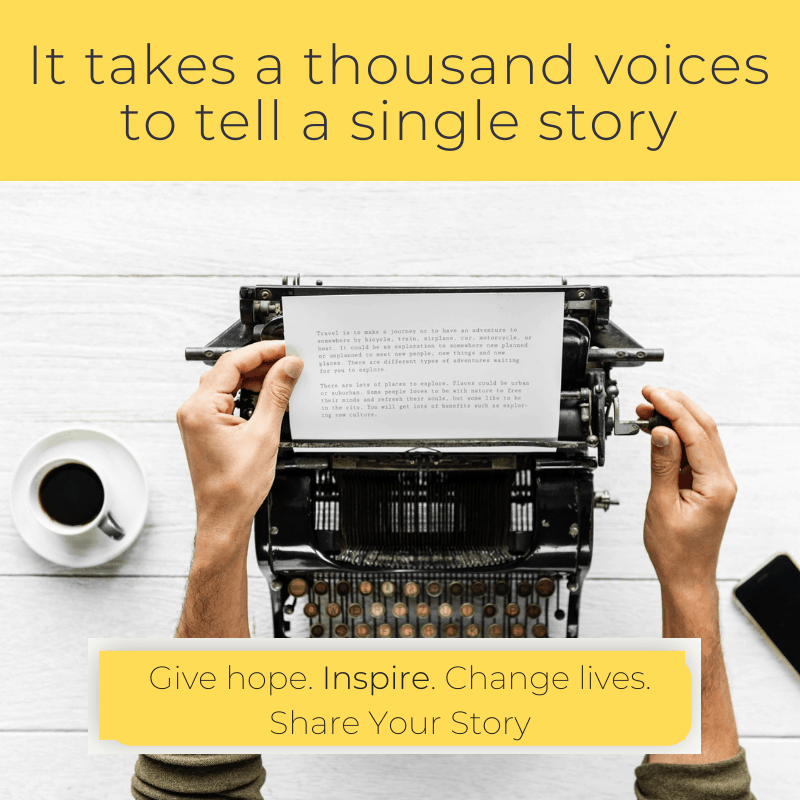In separateness lies the world’s great misery, in compassion lies the world’s true strength. – Buddha
My first experience with deep listening was at a weekend retreat on social justice. The retreat focused on understanding different identities, such as race, gender and sexual orientation, and how our society reacts to those identities.
One of the most compelling activities we participated in was about deep listening. Those people with an identity that tended to be discriminated against in our society told their stories, while the others listened.
The listeners in the group were instructed to listen deeply, which only meant listening with compassion and acceptance and without thinking about an answer to what was said.
Of course, these instructions are not simple at all. Usually, “listening” means waiting for a pause in the conversation so you can talk. Or it means giving out advice and trying to fix the situation. Or it means judging the actions or feelings of the other.
I am someone who enjoys the rapid conversation that is a give and take. But I’ll admit I like to talk, so often I am just waiting for my turn to say something. And when people we care about are hurting, it is natural to want to help; often this means trying to find a solution to their problems.
I found the deep listening exercise challenging but also incredibly liberating! I was no longer focused on myself. I was instead focused on the storytellers, and my purpose was to seek a deep understanding of their experiences.
I believe that—probably for the first time in my life—I achieved a state of deep listening at the retreat. I was incredibly moved and enlightened by the stories that were told. I heard the storytellers whose individual, personal experiences needed to be expressed to the world (even if it was just the small world of the retreat).
Those stories helped me to understand and have compassion for individuals with very different life experiences than mine.
The Buddhist monk Thich Nhat Hanh has often spoken of the power of deep listening. He explained: “Deep listening is the listening that can help relieve the suffering of another person. You can call it compassionate listening. You listen with only one purpose: to help him or her to empty his heart.”
The flip side of deep listening is deep storytelling. It makes sense that if you listen with compassion, without judgment and without trying to fix the situation, others will feel safe to open up really.
They can talk about their suffering (or their joys) knowing they will encounter love and acceptance.
But acceptance doesn’t mean agreeing with everything the other person says or has done. It means accepting the other, with all of his or her flaws, as an individual worthy of compassion.
Just as deep listening is liberating for the listener, it is also liberating for the storyteller. Imagine being able to empty your heart, to be fully honest with both yourself and the other person.
Storytelling that is honest with others is a vehicle for being honest with ourselves, and that is the path to our authenticity, liberation, understanding and acceptance.
There is another important aspect of deep listening and deep storytelling that benefits both the listener and the storyteller. This benefit is the kind of relationship you can build with another human being.
You can create a deep and authentic connection. And aren’t real connections the substance of a meaningful life?
Both people in such as relationship can flourish more as individuals when they know they are fully seen and heard for who they truly are. Authentic connections between individuals strengthen the authenticity of each person.
We have the potential to create these kinds of powerful connections with others. An important place to start is with the deep listening that can open the door for deep storytelling.
Since my experience with deep listening at the retreat, I am striving to be more aware of how (sometimes if) I am listening. I try to slow down and listen deeply or compassionately without just waiting for my turn to speak. I try to temper my tendency to be judgmental and instead just accept the other person’s unique truth.
I know I still don’t always listen deeply. It’s a challenging process to turn around our typical way of “listening.” And opening up enough to engage in deep storytelling can be frightening because it requires us to be vulnerable.
But I continue on my journey toward deep listening because it holds out the possibility of creating a truly meaningful connection with a fellow human being.
By CJ Rising
Photo By sabinethoele







